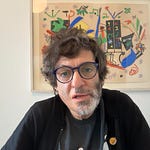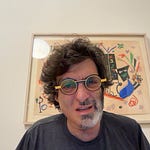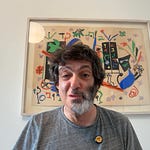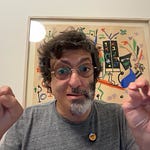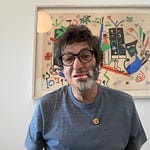Let me tell you a story about one of my most complex classes ever. I was teaching MIT executive education to some unbelievably smart and accomplished individuals. I informed them that we had a textbook they were responsible for, but I wouldn't touch it. Instead, I would teach them about research and things they couldn't get from the textbook or anyone but me.
The semester started off fine, but soon they began asking for frameworks. We want frameworks, they insisted. I refused, explaining that frameworks are oversimplifications and that they should learn how complex the world is. No frameworks in this class, I declared. I want to teach you how to think critically and use research so you can build your own frameworks later. They were upset, arguing that as their customers, they should get what they wanted. You're not my customers, I retorted. In 10 years, you'll be my customers.
Their dissatisfaction was evident during the mid-term evaluation—everyone clamored for frameworks. So, after presenting the evaluation results, I told them I'd give them what they wanted: two important frameworks—the FN framework and the LN framework.
We started with the FN framework for thinking about products: design, adoption, and new product. Everyone eagerly took notes, thrilled to finally have a framework. Then we moved on to the LN framework, which was more complex with six components: attitude, research, image, education, learning, and yield.
Half an hour into the class, the atmosphere had improved significantly. We had accomplished something with these two frameworks: FN and LN. Then I revealed that these frameworks also had acronyms to help remember them—DAN for design, adoption, new product; and ARIELY for attitude, research, image, education, learning, yield. FN stood for first name and LN for last name—DAN ARIELY.
They hated me even more after realizing I had made fun of them. But the story doesn't end there. At the end of the semester, some students used the FN LN framework in their papers and acknowledged that they realized I was making fun of them. Yet, using these frameworks made them understand that maybe frameworks weren't as useful as they thought.
One student contacted me recently to remind me of this story. He admitted it took him years to appreciate the value of the class. Initially angry and convinced he needed frameworks, he eventually realized how crucial it was to get the research right and create his own framework.
I hope other students felt this way too. This was my most interesting confrontational class ever—and also the one where I got my worst teaching ratings ever.





